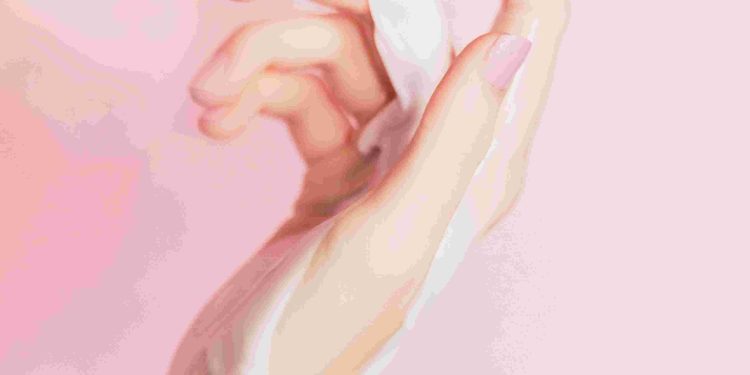Daily Health Tips for Adults
Are We Truly Living or Simply Surviving?
In today’s relentless chase for productivity, the question arises: how many of us prioritize health as much as we prioritize deadlines? The once ubiquitous mantra—“health is wealth”—feels like a relic of wisdom from a simpler time. Yet, here we are, equipped with more tools and knowledge than ever before, but overwhelmed with deteriorating health trends. A sedentary lifestyle, quick fixes, and mounting stress have become new-age norms, even as they silently erode the foundation of well-being. This isn’t merely a personal dilemma; it’s a societal issue that challenges how we define success, progress, and happiness.
Why Traditional Health Advice Isn’t Enough
“Exercise daily,” “Eat a balanced diet,” and “Get eight hours of sleep” are well-intentioned clichés. However, they don’t address the nuanced realities of 21st-century living. For instance, how does someone working multiple jobs carve out time for exercise? Or how do we navigate food choices in a world where “quick” and “processed” often outweigh “healthy” and “nutritious”?
A reimagined approach to health requires asking deeper questions. What if instead of focusing purely on eliminating “bad” behaviors, we stacked small, positive habits systematically? Take inspiration from behavioral psychology and the idea of habit stacking—integrating new actions into existing routines. For instance, pair toothbrushing with a quick mindfulness exercise or transform your commute into an opportunity for walking meetings.
The Intersection of Health and Technology
Technology is often blamed for our declining physical and mental health, yet it can also be our savior. Mobile apps like fitness trackers, meditation guides, or even AI-powered meal planners exist to make healthy living more accessible. Embrace them mindfully without letting them dominate your life. Imagine a future where wearable tech not only tracks your steps or heart rate but becomes a partner in diagnosing potential health risks, predicting mental health dips, and supporting preventive care.
But here’s the caveat: don’t surrender your agency. Technology is meant to augment human decisions, not replace them. Psychologist Dr. B.J. Fogg famously noted, “The smallest changes in context can transform human behavior.” Use technology as a tool to create an environment conducive to better health habits.
Practical Ways to Bypass Stress and Fatigue
-
Nourishment over Diets:
Think of food as fuel, not just calories. Prioritize whole foods that sustain energy and emotional well-being over reactive dieting trends. -
Micro-Moments of Movement:
Hate lengthy gym sessions? Incorporate short, five-minute bodyweight exercises between calls or during TV breaks. -
Embrace the Power of “No”:
Stop overcommitting. Set boundaries that protect your downtime and mental space. -
Develop a Mental Emotional Check-In:
Journaling might sound outdated, but a five-minute daily reflection could unlock pent-up stress and clarify your goals. Write before bed or during moments of waiting.
What the Future Holds for Health and Work-Life Balance
The blurring lines between work and life demand a reevaluation of what it means to be “healthy.” With remote work continuing to gain traction, offices may soon transform into wellness hubs, replacing sedentary desks with treadmill stations or dynamic standing work setups. Additionally, businesses have begun integrating mental health as a workplace priority. Failing to adapt not only risks employee burnout but undermines collective productivity.
Yet, there’s an underlying challenge: society’s inclination to reward overwork often overlooks human well-being. Philosopher Bertrand Russell once argued for a “four-hour workday,” believing it could provide humanity with time to pursue life’s deeper pleasures. While radical, this notion highlights an important truth: longevity is not just about living longer but living better.
Your Call to Action
Transformation begins with a single step. Start small, but start now. Commit to a morning stretch, eliminate one junk item from your meals each week, or call a friend to share your struggles instead of bottling them up. It’s absurd to think that massive changes happen overnight, yet it’s equally absurd to dismiss the impact of consistent small efforts over time. The question isn’t if you’ll feel better—it’s when.
Health is the bedrock of everything else in life: ambition, relationships, and impact. Shift your mindset from health being a secondary chore to being your primary investment. After all, as the saying goes, “You can’t pour from an empty cup.” Let your wellness cup overflow so that everything and everyone around you thrives.















Discussion about this post